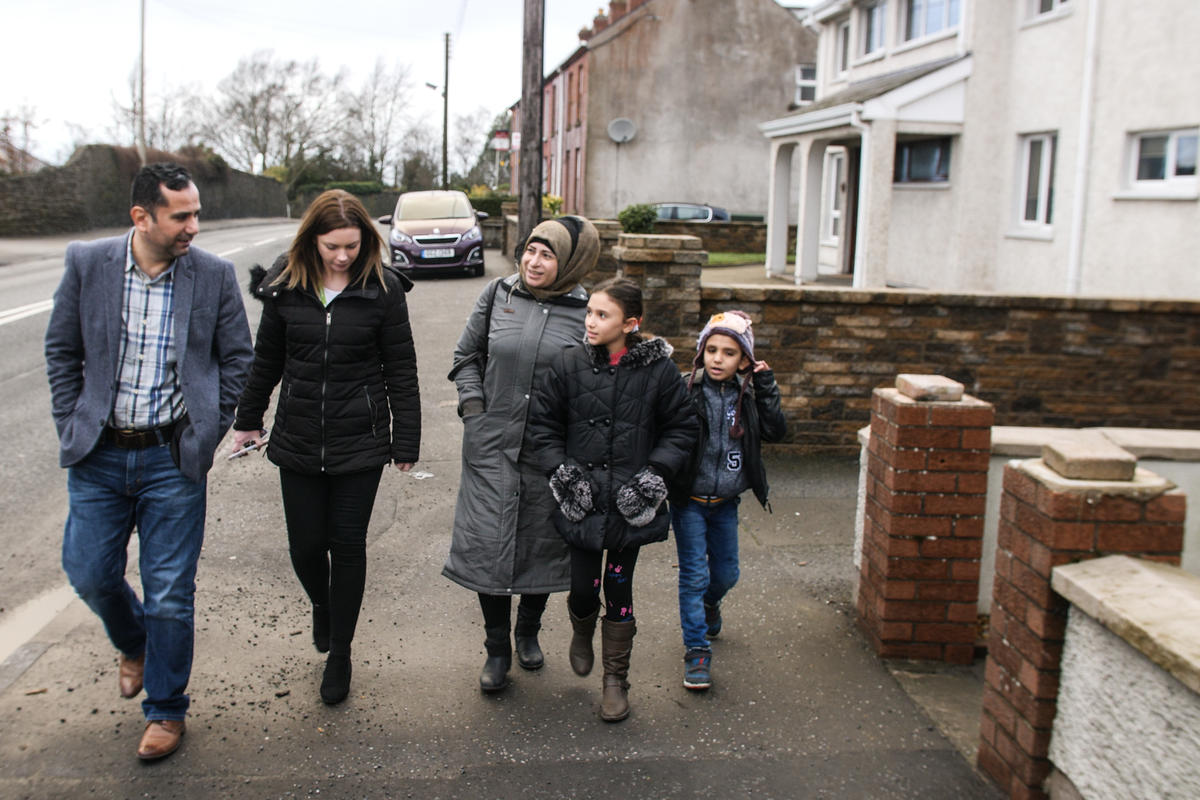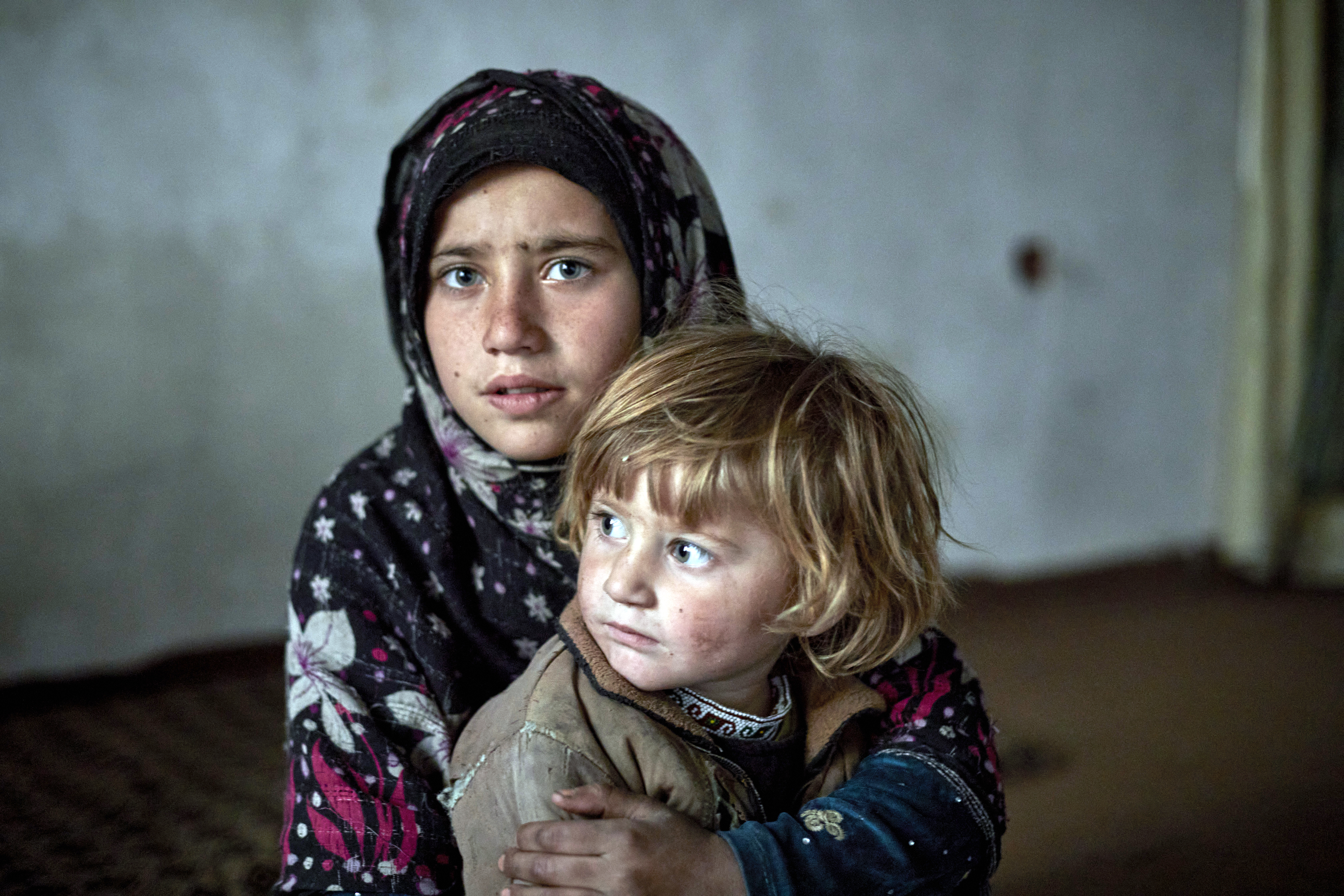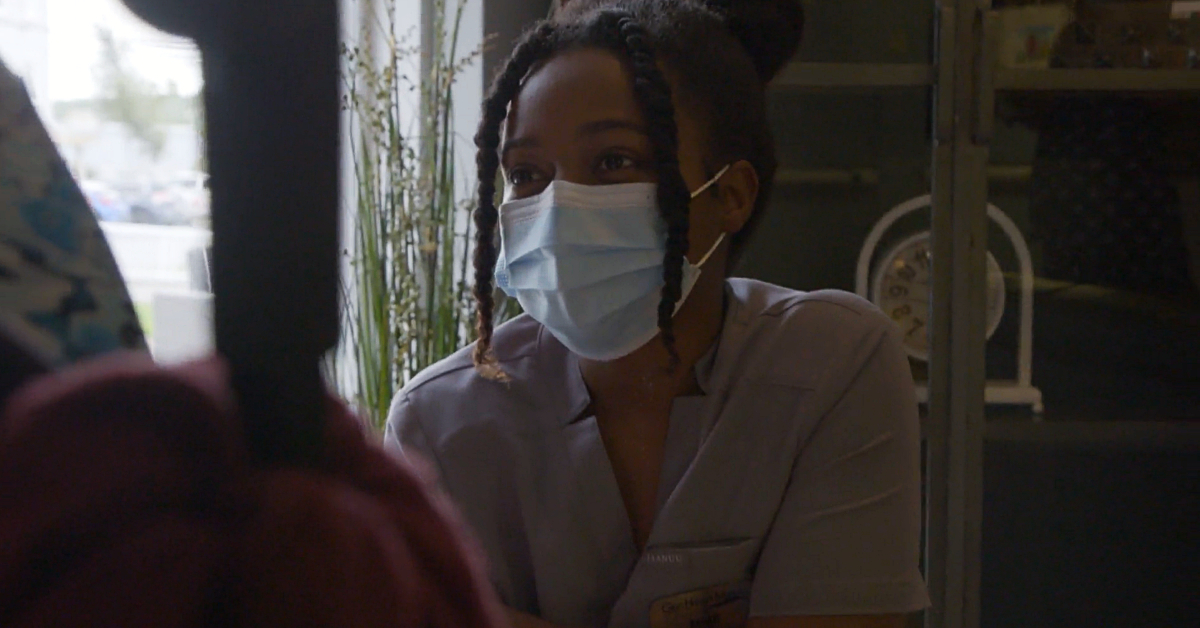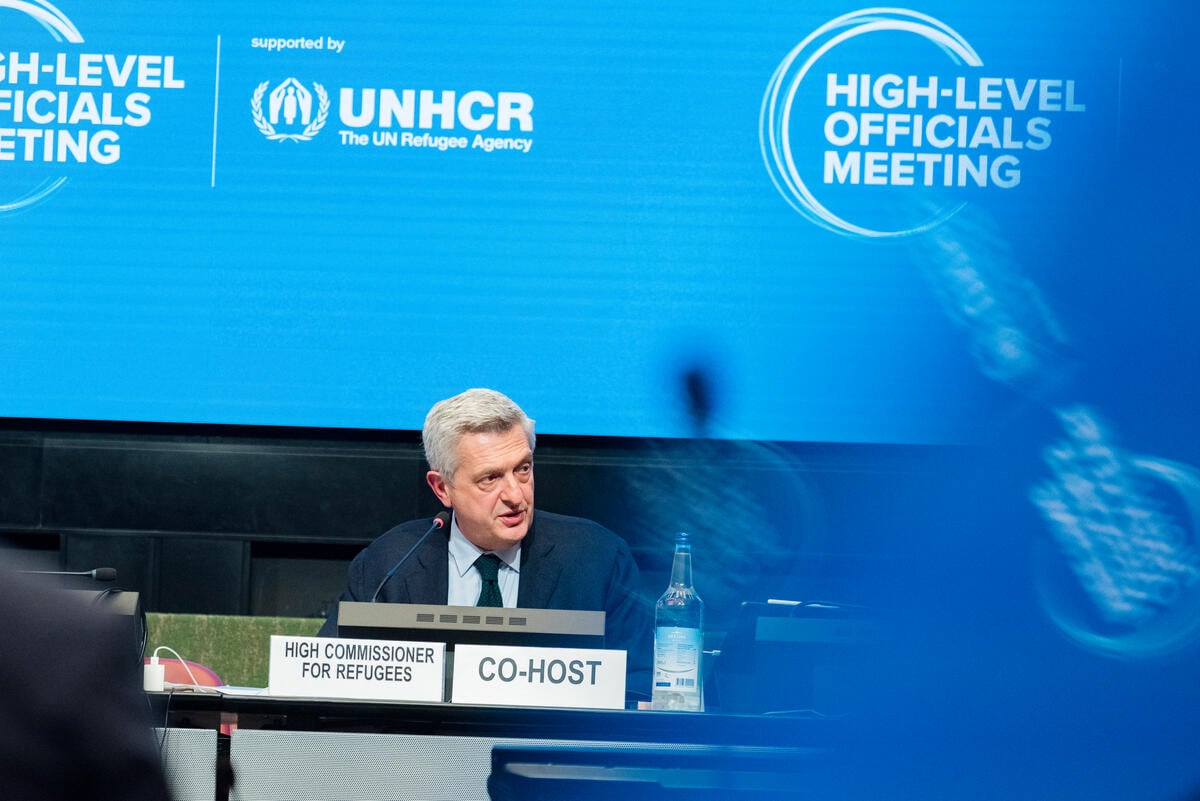UNHCR welcomes meaningful new UK commitment to refugee resettlement
UNHCR welcomes meaningful new UK commitment to refugee resettlement

LONDON, 17 June – UNHCR, the UN Refugee Agency, today warmly welcomed the UK’s pledge to resettle significant numbers of the world’s refugees after its Syria focused programme expires next year.
The Home Office said that the UK would welcome between 5,000–6,000 refugees in 2020–2021. From 2020, the new resettlement scheme will consolidate three existing UK programmes: the Vulnerable Persons’ Resettlement Scheme (VPRS), the Vulnerable Children’s Resettlement Scheme (VCRS) and the Gateway Protection Programme into a global scheme. The announcement increases the flexibility and geographical diversity of UK resettlement, which is needed to effectively respond to global resettlement needs.
“At the start of Refugee Week, this is a strong signal of international support for refugees and it places the UK among the leading countries for resettlement,” said Rossella Pagliuchi-Lor, UK Representative for UNHCR. “It also makes sense to offer a consolidated, flexible programme that responds to where needs are greatest. UNHCR hopes that significant numbers will be welcomed by the UK beyond 2021.”
Resettlement involves the relocation of refugees from a country of asylum to a country that has agreed to admit them and ultimately grant them permanent settlement. VPRS, the largest UK scheme, is on track to fulfil its commitment to resettle 20,000 refugees affected by the Syrian conflict between 2015 and 2020. It has been a lifeline for refugees fleeing that conflict, offering a chance to rebuild their lives in a new society. UNHCR will continue to identify refugees facing protection risks around the world for the UK’s new programme.
“Resettlement is a life-changing experience. It is both challenging and rewarding,” Pagliuchi-Lor added. “Bringing refugees to safety is only part of the story. Helping them to embrace their new home and contribute meaningfully to their new society is the next stage. It is also important to recognise the huge contribution of local authorities, service providers and civil society in making the UK resettlement programme a success.”
UNHCR also welcomed UK plans to create a new process for emergency resettlement, allowing the UK to respond quickly when there is a heightened need for protection and where lives are at risk. A Community Sponsorship scheme, which currently enables community groups to directly support refugees in the UK, will continue. UNHCR judges the programme, still in an early phase, to be a success and encourages the UK to welcome more refugees via community sponsorship and in addition to the existing commitments.
Resettlement is available only to a fraction of the world’s refugees. Typically, less than 1 per cent of the refugees worldwide are ever resettled. In 2019, it is estimated that 1.4 million refugees who are currently residing in 65 refugee hosting countries worldwide, will need resettlement. UNHCR is collaborating with States and partners, to develop a strategy on Resettlement and Complementary Pathways to help increase the pool of resettlement places, encourage more countries to participate in global resettlement efforts, and increase access to complementary pathways for refugees. The strategy will be released in early July.
The UK announcement comes as states and international actors focus on the Global Compact on Refugees. This non-binding international agreement provides a blueprint for governments, international organizations and other stakeholders including the private sector to ensure that host communities obtain the support they need and that refugees can lead productive and independent lives in exile, or return home in dignity once it is safe to do so. The Compact calls on States to offer more resettlement places, through existing programmes or by establishing new ones.
Notes to Editors:
- In 2017, there were over 68.5 million people forcibly displaced globally, including 25.4 million refugees, over half of whom were under 18. UNHCR will release new data for 2018 on 19 June, one day before World Refugee Day.
- More information on UNHCR resettlement
- More information on the Global Compact on Refugees
- UNHCR study on the VPRS from late 2017
Press contact:
- Matthew Saltmarsh: [email protected], 07880 230 985








